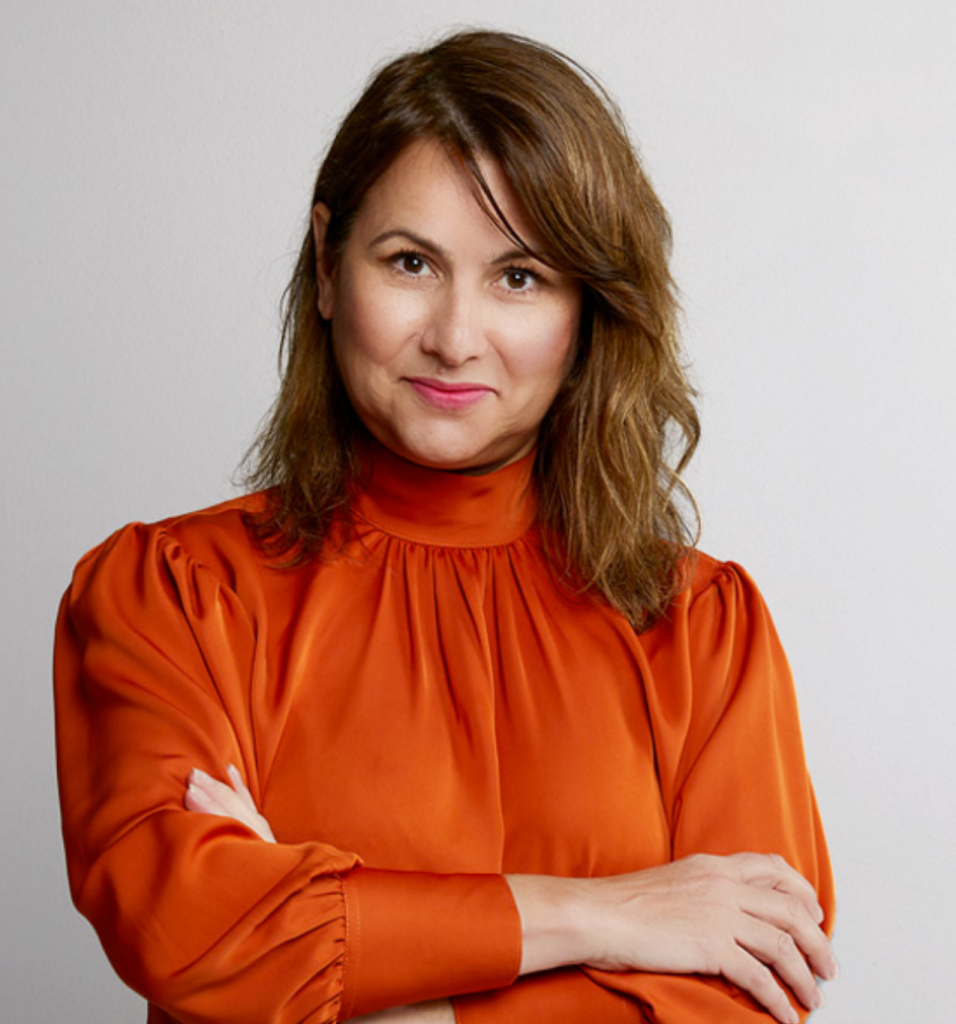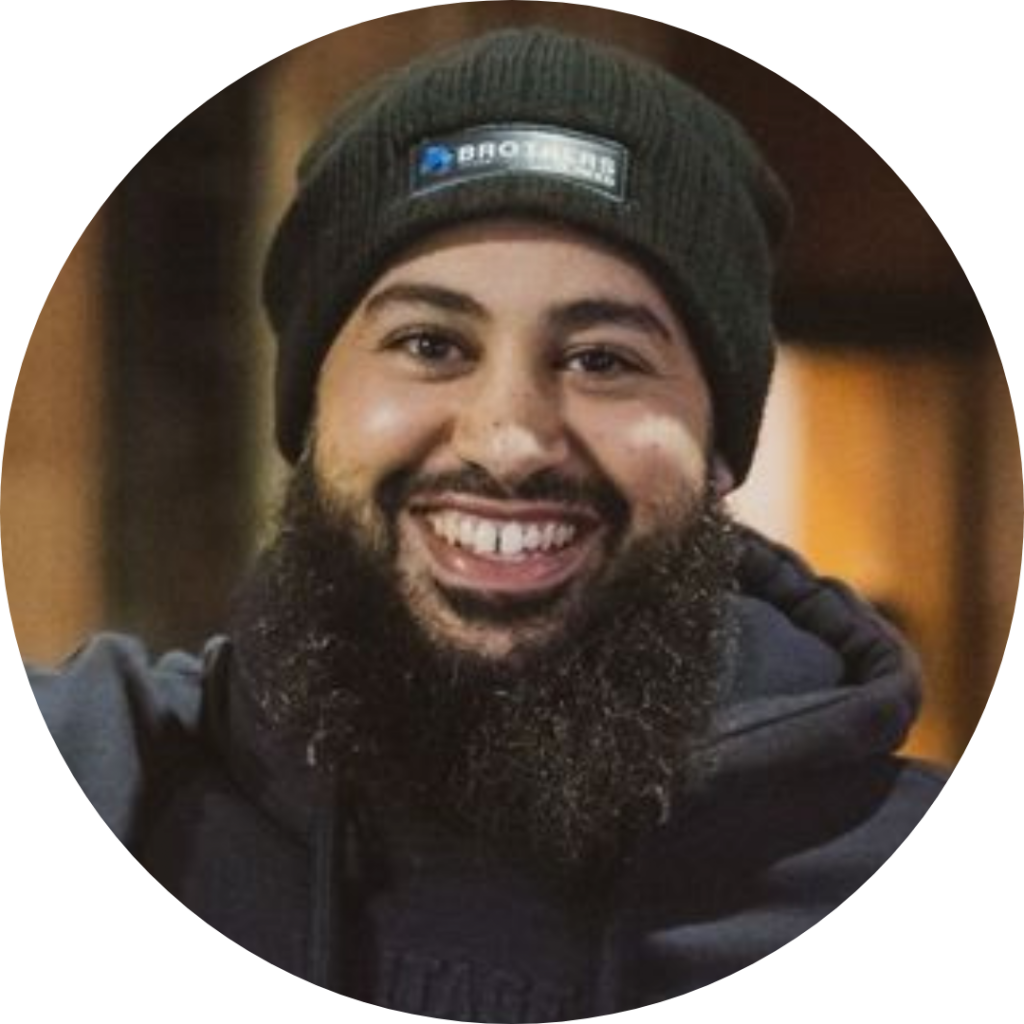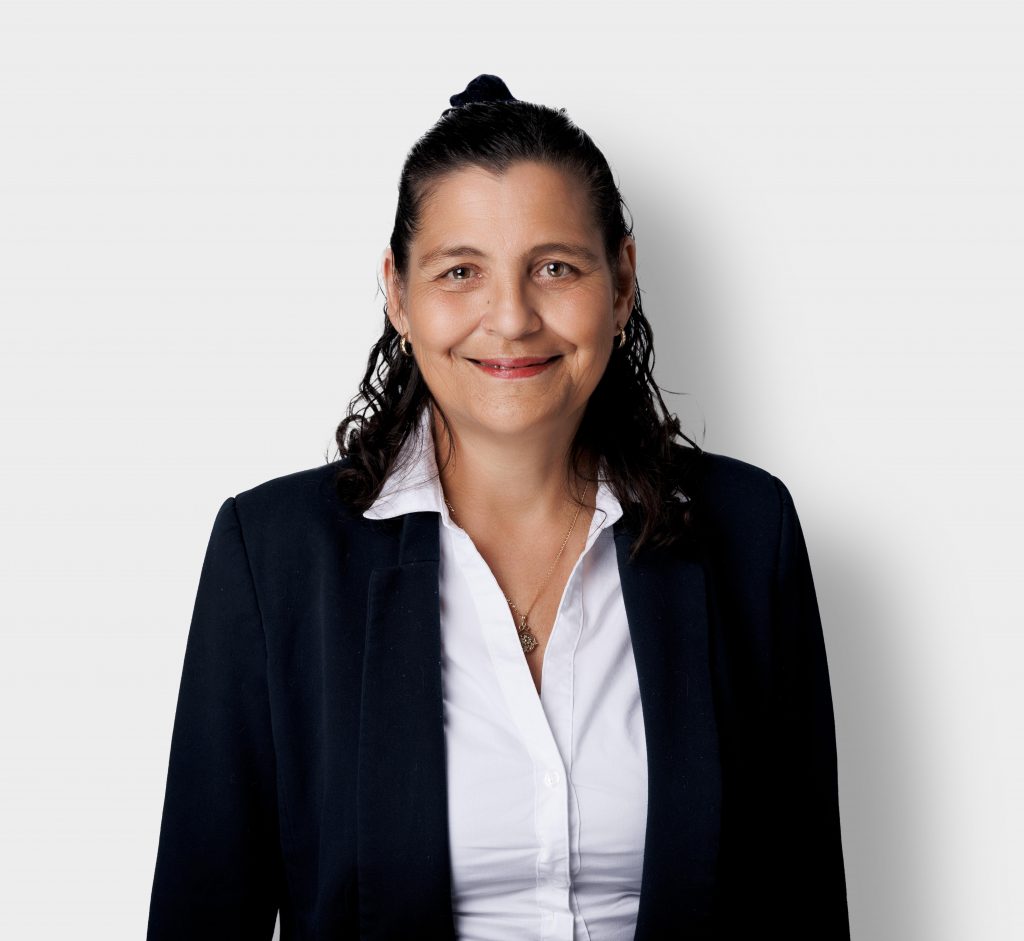Disclaimer
The information provided in this article is for general informational purposes only and does not constitute legal advice. The author and publisher of this article make no representations or warranties of any kind, express or implied, about the completeness, accuracy, reliability, suitability, or availability with respect to the article or the information, products, services, or related graphics contained in the article for any purpose. Always consult with a legal professional for specific legal advice.
What is a Subpoena?
A subpoena is an order by the court requiring the recipient (a person or legal entity) to attend court to give evidence, to produce documents or in some cases, to do both. If you have been served with a subpoena you have a legal obligation to produce the documents sought if they are available.
If you fail to respond to a subpoena without a lawful excuse and if the court is satisfied that you have been validly served with the subpoena and given conduct money, it has the power to issue a warrant for your arrest, and you could be ordered to pay any costs caused by your failure to comply with the subpoena.

I have been subpoenaed, what should I do next?
You should satisfy yourself that the subpoena meets the requirements for a valid subpoena.
When is a subpoena valid?
- An email request, letter or an oral request by a third party are not legal requests for information and you are not legally required to provide documents.
- A subpoena must be issued in a court or tribunal of competent jurisdiction. It should bear a court seal or case number. If a subpoena does not bear a court seal or case number, you should make inquiries with the court to confirm.
- A subpoena must be served on you on or before the date specified in the subpoena as the last date for service.
- If a subpoena is served after the date of service, you are not required to comply.
- A subpoena must clearly list the categories of documents sought.
A subpoena must clearly identify the date by which the documents must be produced.
- You have been paid conduct money sufficient to meet the reasonable expenses of complying with the subpoena.
- If you are unsure what your obligations are or if the request is a valid subpoena, please seek legal advice.
Do I have to Comply with the Subpoena?
- If you are satisfied the subpoena has been validly served, then you must comply with the subpoena by either producing the documents to the court by the date specified on the subpoena as the date for production and/or attending court to provide evidence on the hearing date and time specified in the subpoena
- If you need more time to comply with the subpoena you should advise the issuer immediately and if necessary, ask them to extend the time for compliance.

Objecting to production of documents
There are many lawful reasons as to why you would not comply with a subpoena.
You do not need to comply with a subpoena if it does not meet the requirements for a valid subpoena listed above under When is a subpoena valid?
Further, you may also object to the production of documents and seek to have the subpoena set aside either wholly, or in part, if:
- The documents or things sought are irrelevant to the proceedings.
- The scope of the subpoena is too broad and or oppressive – forcing you to engage in a markedly burdensome or costly exercise such as where you are required to undertake a search of an excessively large volume of documents.
- The subpoena does not identify the documents sought with reasonable particularity – effectively leaving you guessing as to what documents are sought.
- The documents sought are privileged (legal or medical privilege).
- If a counsellor seeks to object to producing their client’s records on the grounds that the records contain sensitive information that may impact their patient’s mental health if released then in complying with the subpoena, they should provide a covering letter to the court clearly identifying the sensitive material and requesting that the court considers to whom, when and how documents the should be disclosed for instance the court may order that only the parties’ legal representatives can view the documents.
- If you intend on objecting to the subpoena, you must do so before complying with the collation and distribution of subpoena documents.
Scope of the subpoena
- The subpoena should only require the production of a document or thing which already exists, it cannot require you to create a document in order to comply with the subpoena.
- The subpoena should not require you to produce documents or things so broad or extensive that they cannot be identified or is a burden on you or the producing entity.
- The subpoena cannot require you or the producing entity to have difficulty in determining whether a document is relevant or not, eg “any bank accounts held in a false name”.
- If the documents sought in the subpoena are in vague or too broad terms, you can contact the issuing party to identify if the documents being sought can be further clarified and narrowed down. You may wish to ask them to amend the subpoena by narrowing the category of documents requested. It may help you to identify the relevance of the documents or the types of documents sought by requesting a copy of the originating proceedings.
- You should carefully consider the scope and category of the documents described in the schedule of the subpoena. Some counsellors release their entire file when this has not been requested which is a common mistake.
Who do the documents belong to?
Do you own the documents requested? Some counsellors work as subcontractors to other organisations and those organisations may own the counsellor’s notes.
If the documents were created (or are owned) by some other person or entity you should notify the same as they may wish to make objections to the subpoena or may be willing to share in the costs of making any objections (if relevant).
Do I need to inform my client?
It is always sensible to promptly inform your client of a request for production of their information to the court. However, you must make it clear that it is being done as a courtesy only and not for the purpose of seeking permission or comment. A subpoena is a court order that overrides your duty of confidentiality to a client. If you have been served with a subpoena, a client’s refusal of consent does not relieve you of your duty to comply with the terms of the subpoena.
If your client seeks to maintain the confidentiality of their medical records, you could suggest that they take action to object to the production of the information requested in the subpoena to prevent the information from being released.
I have received a subpoena that will be very costly and time-consuming to complete. Can I claim compensation for this work?
If the category of documents listed in the schedule of the subpoena is vague or too broad and will be both costly and time-consuming to collate, you may be compensated for this work. The cost of complying with subpoenas can be high given the time taken to search, verify, and collate documents. However, you must put the issuing party on notice of this before complying with the subpoena.
Further your costs to comply must be reasonable and directly related to compliance with the subpoena. Generally, the broader the category of documents the more compensation you will be entitled to for any work associated with complying with the subpoena. Such costs may typically include the following:
- Costs of collating, copying, printing or scanning documents;
- Any communications or correspondence with the issuer of the subpoena including to clarify the scope of the subpoena;
- Receiving legal advice as to the validity of the subpoena or the scope of the subpoena;
- Any necessary attendances in court.

I have been subpoenaed but I believe some of the information requested is not relevant. Can I withhold that information and what do I advise the court?
It is an offence to alter, add or remove documents including counselling notes, forming part of a client’s records upon receipt of a subpoena. All documents and notes must be provided to the court if requested in the subpoena. If you are wanting to omit or redact sections of your notes from being provided to the court or admitted into evidence, you must make a written request to the court before notifying of this before you comply with any collation and submission of subpoena schedule documents.
If you intend on objecting to the subpoena, you must do so before complying with the collation and distribution of subpoena documents.
I have received a subpoena for files older than 7 years that have been destroyed. What can I do about this?
A subpoena can only compel you to produce documents that are in your direct possession, custody or control. Therefore, destroyed documents do not fall into this category. However, to avoid repercussions for failing to respond to a subpoena, you should write to the court advising that the documents were destroyed, when they were destroyed and how they were destroyed.
Ideally, your records would not be destroyed, especially where it is known that the documents could be relevant to existing or contemplated court proceedings. If your client is a minor (under 18 years), you should keep their records on file until the client has reached the age of 25 years. In some cases, it is prudent for counsellors to retain records of a certain nature. For instance, the Royal Commission into Child Sexual Abuse in Institutional Contexts found that cases involving child sexual abuse are often raised in the future. Therefore, historical records in these cases are crucial.
How do I collate documents for a subpoena?
The broad process is:
- Gather documents listed in the subpoena – these are the only documents you are legally required to supply. No more and no less. Documents that do not fit into the scope of the subpoena should be removed.
- If you have consulted a lawyer about and received advice from same including as to compliance with the subpoena this should be kept in a separate bundle and marked “subject to legal professional privilege”.
- Seal the bundles and deliver them to the court as directed on the subpoena via DVD, USB, email to the address provided.
- Do NOT provide the documents to the issuer of the subpoena!
About the author

Aggie Vlahos
Partner, Elit Lawyers
With more than 15 years of experience in law prior to her admission to practice in 2011, Aggie Vlahos brings a unique combination of experience to Elit Lawyers at McGirr & Snell. Aggie’s diversity enables clients to engage an astute and sensitive lawyer who can navigate interconnected areas of expertise during a dispute, particularly when it comes to issues relating to family law, corporate and commercial agreements, Wills, estates and probate.
Aggie regularly provides advice to counsellors and psychotherapists in all aspects of their practice, additionally providing assistance and representation in responding to complaints including on behalf of an Insurer.












